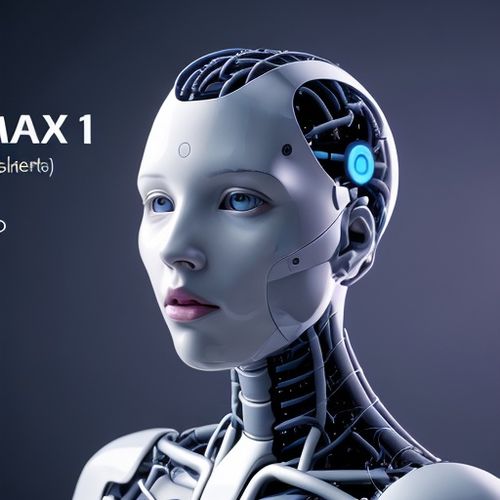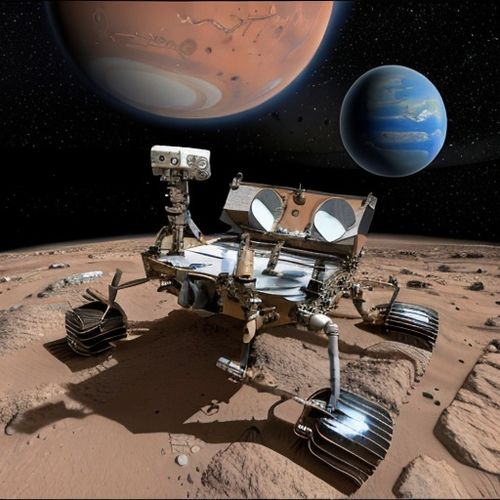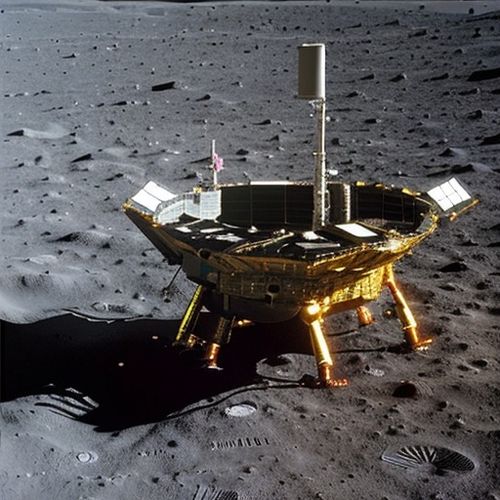The European Union has taken a historic step by passing the world's first comprehensive Artificial Intelligence Act, setting a global precedent for the regulation of AI technologies. Among its many provisions, the legislation mandates that AI-generated content, including outputs from systems like ChatGPT, must be clearly labeled. This move aims to enhance transparency, combat misinformation, and empower users to distinguish between human and machine-generated content.
The AI Act represents a significant milestone in the EU's efforts to establish a legal framework for artificial intelligence. After years of deliberation and negotiations, the legislation categorizes AI systems based on their risk levels, imposing stricter requirements on high-risk applications. Generative AI models, such as those powering ChatGPT, fall under specific transparency obligations. Companies deploying these systems must now ensure that any AI-generated text, image, or video is explicitly marked as such.
This requirement comes at a time when the capabilities of generative AI have reached unprecedented levels, blurring the lines between human and machine-created content. The EU's decision reflects growing concerns about the potential misuse of these technologies for spreading disinformation, manipulating public opinion, or creating deceptive content. By enforcing clear labeling, policymakers hope to maintain trust in digital communications while fostering responsible innovation in the AI sector.
The implications of this legislation extend far beyond Europe's borders. As the first jurisdiction to implement such comprehensive AI regulations, the EU is effectively setting a global standard that other countries may follow. Many experts believe this could trigger a domino effect, with nations worldwide adopting similar measures to govern AI development and deployment. For companies like OpenAI, the creators of ChatGPT, this means adapting their products to comply with the new rules or risk losing access to the lucrative European market.
Industry reactions to the AI Act have been mixed. While some tech leaders have welcomed the clarity provided by the regulations, others have expressed concerns about potential stifling of innovation. The requirement to label AI-generated content presents both technical and practical challenges. Developers must implement reliable watermarking or metadata systems that can survive content modification and platform transitions. There are also questions about how these rules will apply to hybrid content that combines human and AI input.
Consumer advocacy groups have largely praised the transparency measures, arguing that users have a fundamental right to know when they're interacting with machine-generated content. Studies have shown that many people struggle to identify AI-written text, making disclosure requirements crucial for informed decision-making. The labeling mandate could prove particularly valuable in contexts where authenticity matters, such as news reporting, academic work, or professional communications.
The implementation timeline for these provisions allows companies some breathing room to adapt their systems. However, the clock is ticking for AI developers to integrate compliant labeling mechanisms. The legislation also establishes substantial penalties for non-compliance, with fines that could reach up to 6% of a company's global revenue. These strict enforcement measures demonstrate the EU's serious commitment to ensuring adherence to the new rules.
Beyond content labeling, the AI Act addresses numerous other aspects of artificial intelligence governance. It prohibits certain unacceptable uses of AI, such as social scoring systems, while creating specific rules for high-risk applications in sectors like healthcare and transportation. The legislation also establishes new oversight bodies and procedures for conformity assessments, marking a comprehensive approach to AI regulation that balances innovation with fundamental rights protection.
As the world watches how these regulations unfold in practice, the EU's AI Act is likely to influence ongoing global discussions about technology governance. The requirement for clear labeling of AI-generated content may become a model for other jurisdictions grappling with similar challenges. For now, the focus shifts to implementation, as companies, regulators, and users prepare for a new era of more transparent artificial intelligence interactions.
The passage of this legislation coincides with rapid advancements in generative AI capabilities, making its timing particularly significant. As these technologies become increasingly sophisticated and ubiquitous, the EU's proactive stance positions it as a leader in shaping the ethical development of AI. The coming years will reveal how effectively these measures achieve their intended goals of fostering trust and accountability in the age of artificial intelligence.

By Ryan Martin/Apr 10, 2025

By Benjamin Evans/Apr 10, 2025

By Joshua Howard/Apr 10, 2025

By David Anderson/Apr 10, 2025

By Joshua Howard/Apr 10, 2025

By Amanda Phillips/Apr 10, 2025

By Eric Ward/Apr 10, 2025

By Daniel Scott/Apr 10, 2025

By Victoria Gonzalez/Apr 10, 2025

By Lily Simpson/Apr 10, 2025

By Megan Clark/Apr 10, 2025

By Jessica Lee/Apr 10, 2025

By Jessica Lee/Apr 10, 2025

By Eric Ward/Apr 10, 2025

By Amanda Phillips/Apr 10, 2025

By Jessica Lee/Apr 10, 2025

By Michael Brown/Mar 12, 2025

By Eric Ward/Mar 12, 2025

By Michael Brown/Mar 12, 2025

By Joshua Howard/Mar 12, 2025